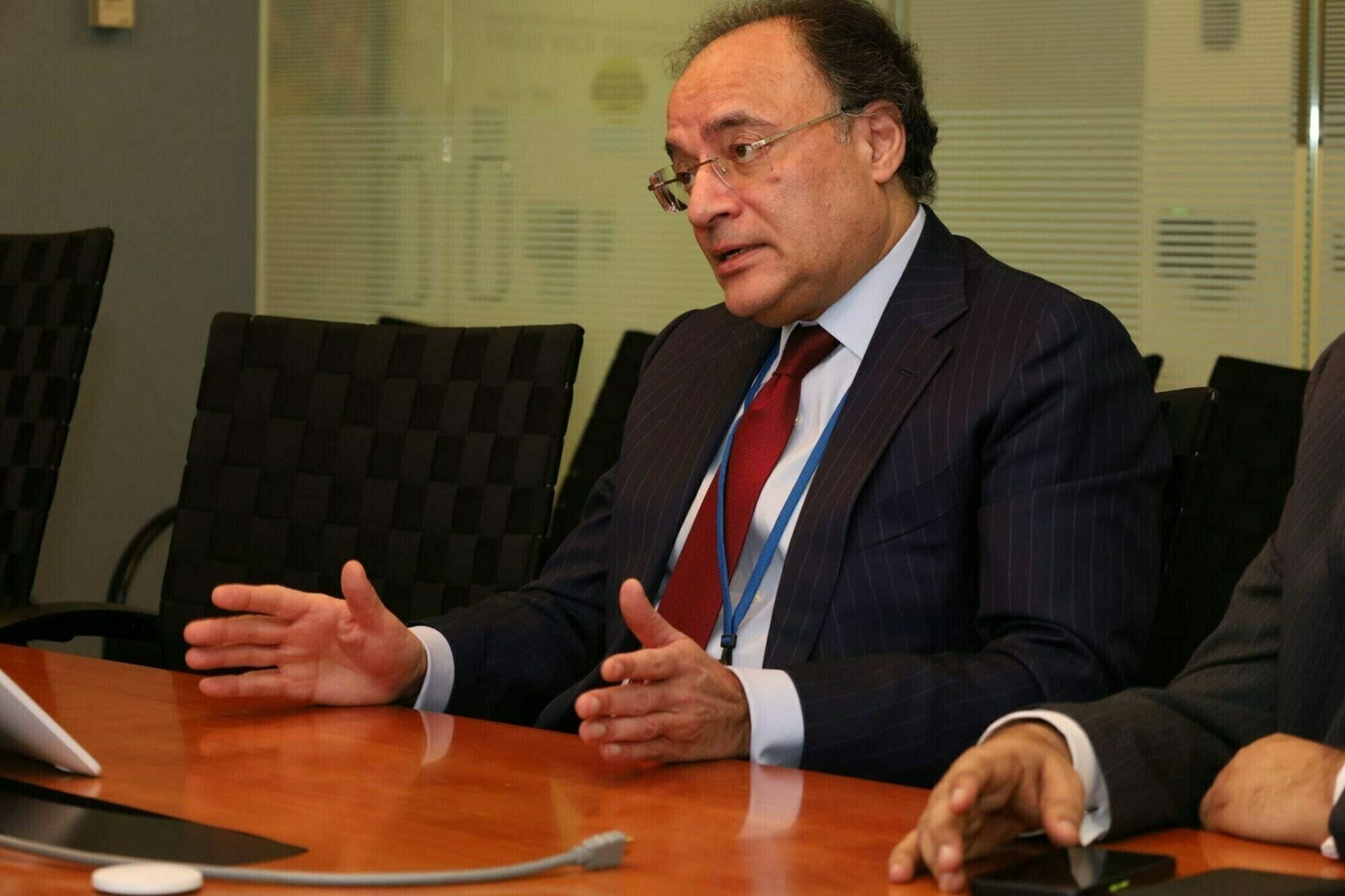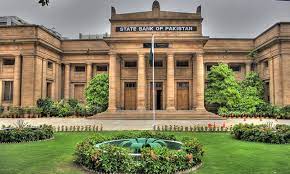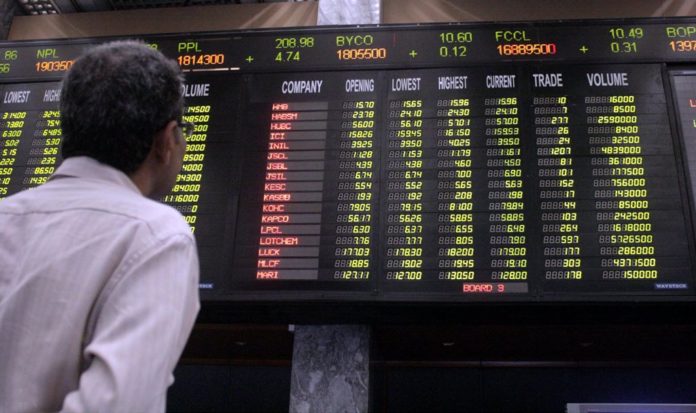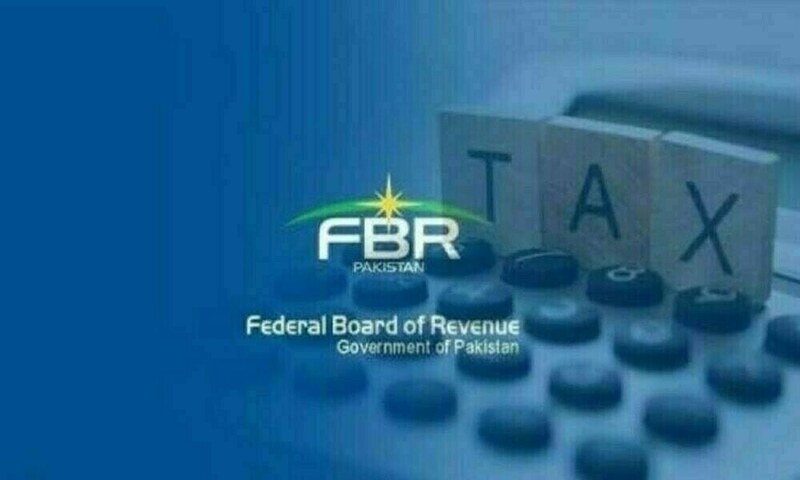PTBP Web Desk
Federal Minister for Finance and Revenue Senator Muhammad Aurangzeb emphasized the revival of the Export and Import (EXIM) Bank as a top government priority, citing its vital role in driving export-led economic growth. During a briefing to the Senate’s Standing Committee on Finance in Islamabad on Monday, he outlined the strategic importance of the bank and its potential to significantly boost the country’s exports in the next two to three years.
The finance minister highlighted the bank’s critical role in promoting economic stability and reducing borrowing costs for businesses. By slashing the policy rate by 9 basis points and bringing the Karachi Interbank Offered Rate (KIBOR) below 12%, borrowing costs have effectively been halved. He noted that these measures would yield visible benefits within the next two to three months.
Acknowledging the challenges faced by the EXIM Bank, Senator Salim Mandviwalla, Chairman of the Standing Committee, pointed out the lack of a chief executive officer for the past two to three years and the delayed constitution of the bank’s board. He described the bank’s current state as “fragile” but expressed optimism about its progress under the government’s initiatives. The committee decided to review the bank’s performance quarterly to ensure accountability and progress.
The finance minister reaffirmed Pakistan’s commitment to the International Monetary Fund (IMF) loan program, stating that the growth under this framework is more structured and sustainable. He recalled how unchecked economic growth three years ago had exacerbated the balance of payments crisis. “We will not press the accelerators again, no matter the pressure,” he assured.
EXIM Bank representatives informed the committee that, as per the Stand-By Arrangement (SBA) agreed with the IMF, the State Bank of Pakistan’s (SBP) refinance scheme would be phased out over five years (2024-28). The bank has already surpassed its first-year target by 168%, transitioning the export refinance facility from the SBP to EXIM Bank.
Currently managing export finance scheme limits of Rs421 billion, EXIM Bank has also implemented an enhancement scheme worth Rs230 billion. This allocation includes 40% for small and medium enterprises (SMEs) and 60% for corporate entities, reflecting a balanced approach to supporting diverse business sectors.
The minister addressed the rising prices of essential goods, particularly chicken, acknowledging the role of middlemen in resisting price reductions despite falling international commodity prices, transportation costs, and oil prices. He emphasized the need for administrative measures and stricter enforcement to ensure price stability for essential items.
In a discussion on the Federal Excise Duty (FED) for electric vehicles (EVs), officials from the Federal Board of Revenue (FBR) clarified that the issue had been resolved. According to the Ministry of Law and Justice, FED will no longer be charged on EVs, encouraging their adoption and supporting environmental goals.
The committee also reviewed the Pakistan Remittances Initiative (PRI), a key program introduced to enhance national remittances. Senator Mandviwalla highlighted that under this initiative, the SBP bears remittance fees on behalf of senders, making it easier for overseas Pakistanis to send money home.
SBP officials reported a significant increase in remittances, from $7-$8 billion in 2009 to $30 billion last year, with expectations to reach $35 billion by the end of the current fiscal year. The SBP paid Rs86 billion to banks in charges last year under the initiative. The committee requested year-wise details of remittances and the total amount paid to banks so far.
The committee also addressed the issue of non-compliance with pay fixation orders for newly promoted Private Secretaries and Director Staff of the Senate Secretariat. AGPR officials explained that the policy referred to by the Senate Secretariat no longer exists and that the matter would now be resolved through the courts.
The government’s focus on EXIM Bank is a critical step towards bolstering export-led growth. By fostering transparency and enhancing support for SMEs and corporates, the bank is poised to drive sustainable economic development. Quarterly reviews of its progress will ensure accountability and alignment with national priorities.
Meanwhile, administrative reforms, such as addressing price manipulations and resolving policy ambiguities, remain essential for building public trust and achieving economic stability. As Pakistan navigates its commitments under the IMF program, the focus on structured growth and financial discipline will be key to long-term progress.




